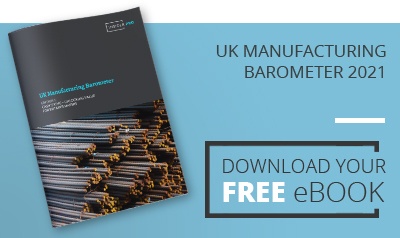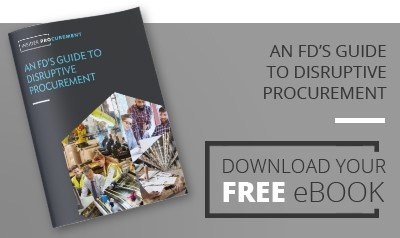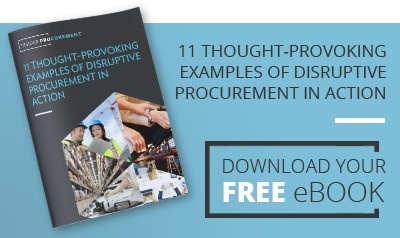A couple of weeks ago I wrote about “Looking under the hood”. Here is a great example of what I mean. At Insider Pro, we see the pattern time and time again - long-term, legacy contracts that were initially great value for the customer but, over time, the supplier has managed to push through incremental price increases, or adjusted clauses that are not in the customers' favour.
When working with customers, not only is it important to review all current practices, and make any necessary adjustments, but it is critical to work with them to instill practices and ways of working that do not take them back to where they were before.
Some of the key characteristics and working practices we use at Insider Pro to help give our customers the toolbox for continued success, are:
-
Regularly Review Performance: Keep an eye on how your suppliers are doing by tracking key metrics and having regular check-ins to ensure they’re meeting your expectations and the agreed service levels.
-
Make sure you are both aware of what data is available, then agree to analyse it and review what it is telling you. Discrepancies or anomalies are then visible to both parties, and can be quickly resolved.
-
This could be done through quarterly performance reviews, assessing key KPIs and discussing any concerns that have been raised.
-
-
Work with Multiple Suppliers: Don’t put all your eggs in one basket. Using different suppliers can keep competition healthy and provide more options.
-
In many instances, it feels as if having a single supplier will be optimal, due to volume discounts, and because it can be easier to manage. And consistency of supply is good where quality is important. However, where possible, having multiple suppliers will highlight an area of relative weakness for one supplier, and ensure greater value for money for the customer.
-
-
Build Relationships: Establish strong, long-term partnerships with your key suppliers. Good relationships can lead to better service, trust, and flexibility.
-
Building strong relationships with a supplier, does not mean Business A has a Strong Relationship with Business B. It means Person A has a strong working relationship with Person B, it’s people that are at the heart of all companies. Trusting your contact is just as important as strong KPIs, because they will then be transparent and honest about any upcoming adjustments or changes.
-
-
Review and Renegotiate Contracts: Make it a habit to review and renegotiate contracts to ensure you're still getting the best deal and terms that work for you.
-
When contracts are coming up for renewal, it is rarely optimal to just roll this exact same contract over. Given that most contracts will last a minimum of a year, a lot changes in the world in that time, so expecting to stay as it was a year ago is unlikely to be beneficial given that contracts are often affected by external factors. Companies should also not be afraid to start from square one with a new supplier and see what prices, service levels or KPIs they are able to obtain. This will then provide leverage when renegotiating with the incumbent provider, and offers greater market understanding when entering negotiation talks.
-
-
Use Technology to Your Advantage: Leverage data and tools to monitor supplier performance, find cost-saving opportunities, and make your processes smoother.
-
The digital transformation is nothing new to society in 2024, but technology is ever-evolving, and finding new ways of tracking business and supplier performance is increasingly possible. Ensuring that you are exploring new avenues and constantly asking the question of your suppliers, means you won’t go far wrong.
-
Staying in control of your contracts is key to ensuring they continue to work in your favour. By regularly reviewing performance, considering multiple suppliers, building and fostering strong relationships, renegotiating terms, and leveraging technology, you can maintain control and get the best value for money for your business over time. These proactive practices will help you avoid the pitfalls of outdated agreements and keep your business moving forward with confidence.


